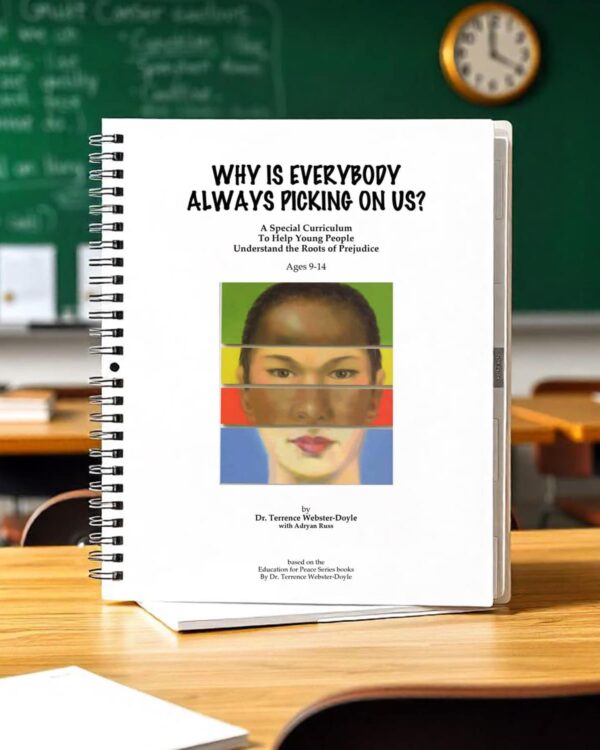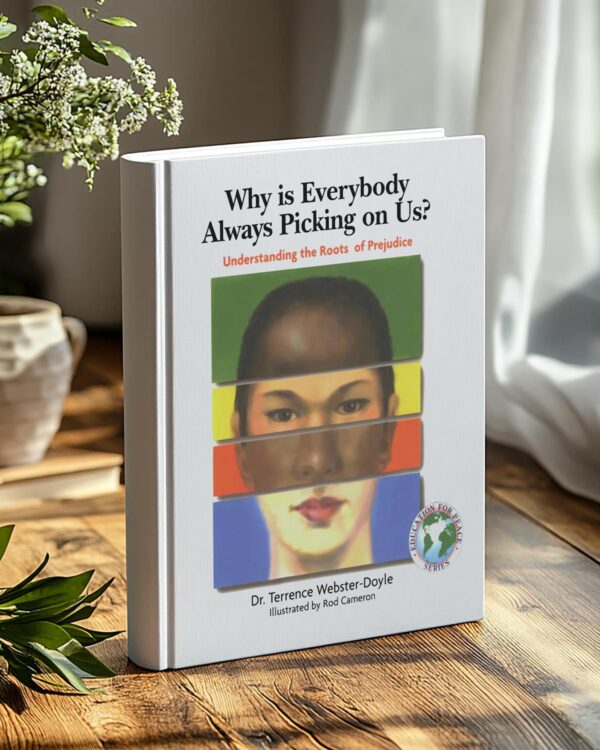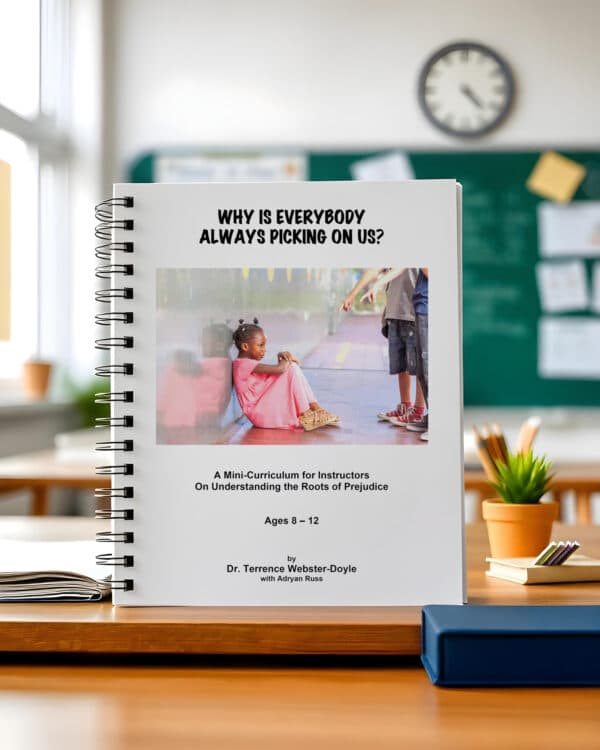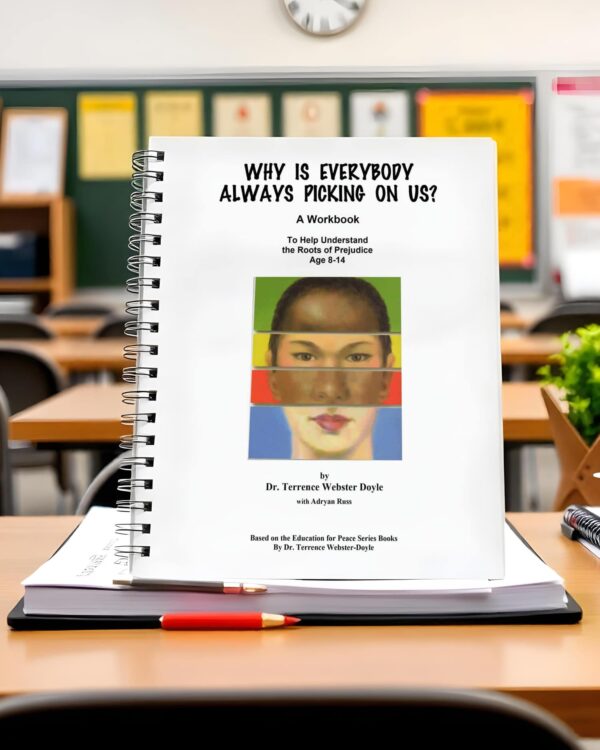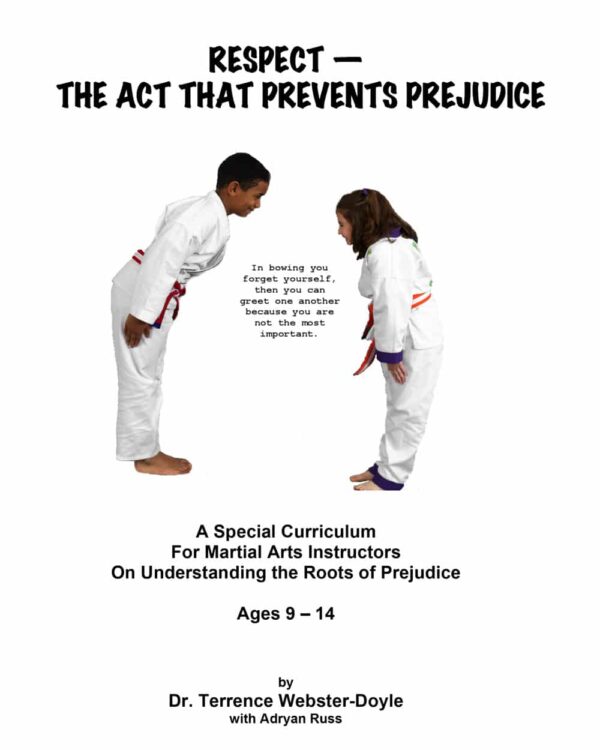The Danger of Opinions: Why Seeking Truth Matters

“An opinion is a judgment or belief resting on grounds insufficient to produce certainty.” – American College Dictionary
“That’s just your opinion” is a statement that makes me pause and think.
I have a friend who says this to me every time I am trying to tell her something important. It seems to be her way of not listening to what I am saying.
I would like to say to my friend, “Just listen to me, this is what I am saying, is it true or false or just an opinion? Let’s look at it together to find out.”
In other words, I would like to start a dialogue with her to find out the truth of the matter. She, however, is never interested. Her view is that everyone is entitled to their opinion, and we should just respect each others opinions. This idea I feel is counterproductive to learning. If we all keep our own ideas as our own and never examine them to find the truth, then we do not learn.
Opinions have a personal and a global affect on the way in which we learn and behave toward each other.
I felt this very strongly when I attended a private party given by people working in the United Nations. At this party there were people from all over the world.
Everyone was enjoying themselves singing and dancing and learning about each others cultures. I saw so many pleasant and friendly discussions about world issues going on amongst the UN people.
The next day, however, it was sad to see this atmosphere change when these very same people were seated in the UN assembly hall. In that hall, they were acting as delegates representing the opinions of their particular country.
The joy and happiness had disappeared and now each delegate was entrenched in defending the particular opinion of their country.
During a break in the UN session, I remember hearing the expression, “That’s just your opinion” stated often and I felt that the delegates were not coming to the same ease of understanding they had had the night before. The night before there had been a lively interest in finding out the facts of an issue. Now during the day there was a reinstatement of each countries opinion.
Interested? Keep Learning
-
Why is Everybody Always Picking on Us? Curriculum
Download Now$10.00 -
Why is Everybody Always Picking on Us? Book
Download Now$10.00 -
Why is Everybody Always Picking on Us? Mini Curriculum
Download Now$10.00 -
Why is Everybody Always Picking on Us? Workbook
Download Now$10.00 -
Respect: the Act that Prevents Prejudice Curriculum
Download Now$10.00
Can we come to any real awareness of a situation as long as we are not concerned enough to find out the facts?
If my friend tells me I am only stating an opinion, then she does not have to find out whether what I am saying is true. She can remain uninvolved in a relationship with me.
However if she were to say to me, “Let’s look at this together and find out whether what you are saying is true ot not,” then we begin to be involved in a give and take relationship, and therefore are both really interested in seeing the truth of the matter.
Our perception of life is distorted when we rely on opinions to guide us.
How can an opinion guide us when it is not based on truth and is only an assumption?
It is interesting to note the relaxed manner in which the delegates behaved towards each other when they were not defending an opinion. They were able to learn a great deal about each other and appreciate and understand their differences.
The minute, however, they were representing their country’s self interested opinion, they had lost the desire to learn and to grow. This lack of learning obviously leads to conflict on a global level.
Exploring the dangers of opinion
I wonder who is really interested in exploring the dangers of opinions? In my life, am I really interested in finding out the facts? Or is it easier and more self-serving to rest on my opinions.
Consider the delegates from the UN. Are they gaining power by maintaining their opinion? How many powerful interest groups in the world maintain their power through opinion by asserting only what will further their interests?
Opinions cloud our minds and prevent direct observation of reality. Next time someone says, “That’s just your opinion,” find out what is really happening. Opinions are dangerous roadblocks to perception of reality.
Perhaps we could start by holding our opinions lightly and begin to see whether they are true or not. Awareness of reality cannot come through opinions; it can only come through direct observation of the facts.
Now is what I just said an opinion or is it a fact?
